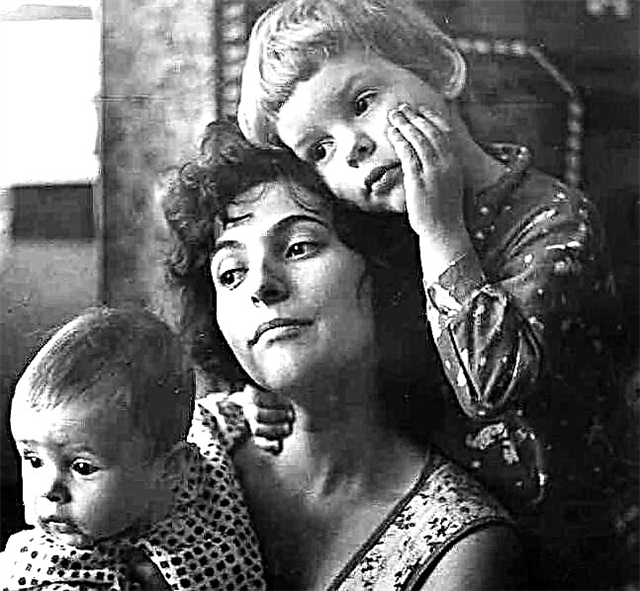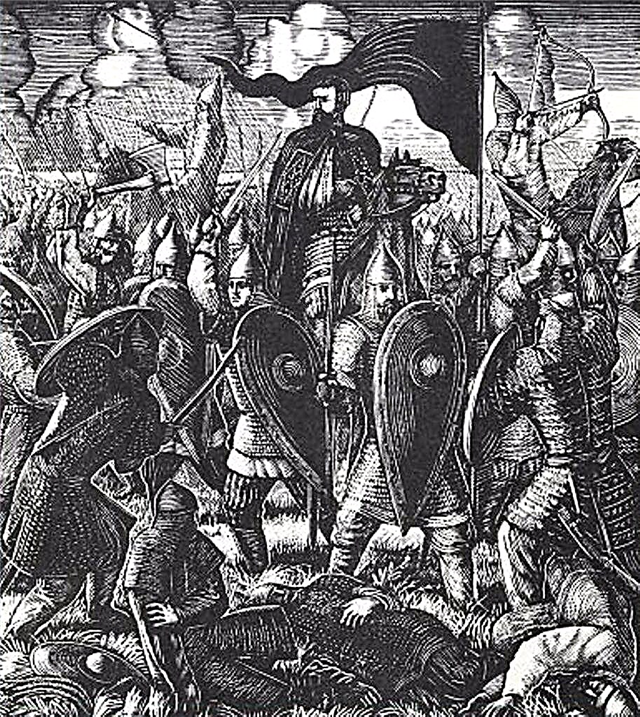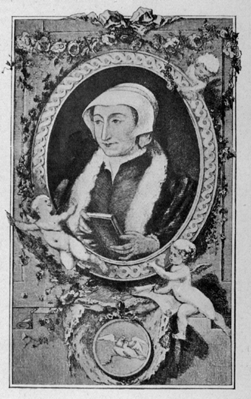: The story of the friendship of two women taking place against the backdrop of the civil war in Afghanistan. Unhappy in marriage, humiliated, deceived and disenfranchised, they help each other as they become a real strong family.
Part 1
1970s, Afghanistan, Herat. The girl Mariam, the illegitimate daughter of a wealthy merchant Jalil, lives alone on the edge of the city with her mother Nana. Once her father seduced his maid, but having three wives and several children, he evicted her and her daughter to the outskirts. He contains and visits them. Being kindly, but weak-willed, Jalil is ashamed of Nana and daughter and sympathizes with them. The girl adores her father and pities her sick and embittered mother. She is also attached to Mullah Fathullah, supporting them.
When the heroine was fourteen years old in Afghanistan, a military coup took place, the Shah was overthrown, the country became a democratic republic.
At the age of fifteen, Mariam first leaves the city and decides to visit his father, contrary to the will of Nana. He does not let his daughter into the house, driven by prejudice. Only now does the girl understand why her mother hates the vile seducer so much. Upon returning home, she does not catch her mother alive, she hanged herself, unable to bear the betrayal of her daughter. For the rest of her life, the girl remembered the words of her mother that men always and in everything are guilty of a woman.
Not long Mariam lives with her father until he finds her husband. Forty-five-year-old shoemaker Rashid, a huge, rude widower, takes the girl to Kabul. At first, her husband is patient and friendly with Mariam, shows her the city, gives gifts, discusses the news with her. The heroine tries to be a good wife and mistress. Rashid is conservative, does not tolerate innovation and democracy, so Mariam wears a burqa and in all respects obeys him.
Gradually, the heroine gets acquainted with the neighbors of her poor quarter and draws closer to Fariba, the wife of teacher Hakim. All attempts by Mariam to become pregnant end in miscarriages, which is why her husband becomes rude and cruel to her. The heroine believes that this is her punishment for the betrayal of the unfortunate mother.
The April Revolution took place in 1978, the Communists came to power, brutally cracking down on the former dictator. Repressions of aristocrats begin, persecution of the discontented. Rashid criticizes the new government.
In the happy family of teacher Hakim and Fariba, the girl Leila is born.
Part 2
1987 year. There is a civil war between government forces and the mujahideen.
Nine-year-old Leila goes to school. A communist teacher praises the USSR, whose troops are fighting on the side of the government, and encourages students to report to relatives if they are against the authorities. The girl’s father, Hakim, was fired from school for criticizing the Communists, but in the evenings he studies with a capable daughter. Her two brothers are Mujahideen. The family is no longer happy, the mother blames her husband for not forbidding his sons to fight. Therefore, Fariba becomes ill with a mental disorder.
Leila’s best friend is Tarik’s neighbor, a one-legged boy who suffered from mines. He is desperately brave and always protects his girlfriend. A girl often visits a friend’s house, where everyone loves her. Leyla is Tajik, Tariq is Pashtun, but children do not pay attention to nationality, although these peoples traditionally conflict.
The Leila brothers die, and an atmosphere of severe hopelessness is established in the family. Mother embraces apathy, father grows old.
Hakim takes his daughter and Tariq to Bamyan to show the stone giant Buddhas so that the children take pride in the beauty and culture of the country. There, the father shares with his daughter his heartache due to the death of his sons and the illness of his wife. Hakim wants to emigrate, but Fariba is against it.
In 1988, there was hope for peace in the country: the USSR was withdrawing the military contingent from Afghanistan, but the civil war was continuing.
In 1992, Mujahideen enter Kabul, the communist regime is overthrown, the country becomes an Islamic state. Fariba takes mourning for her sons and arranges a feast, celebrating the victory over democracy. Leila is glad that her mother is recovering from depression. In a conversation with her daughter, the mother hints that the time of her friendship with Tariq has passed, as they have grown and their relationship may be a reason for gossip. Young people understand that they are in love with each other. Fariba’s feast ends with a scandal, as the neighbors have different political preferences.
Having taken power, the Mujahideen are not able to negotiate with each other, and an armed conflict begins again between various gangs. Kabul lives under fire, in constant fear, the city is divided into zones of influence of field commanders. Democratic orders are destroyed, Sharia rules.
They kill Leila’s girlfriend, neighbors emigrate. Hakim persuades his wife to leave, but she stubbornly believes in the possibility of peace in the country, although her husband claims that the winners can and only want to kill.
The love of Tariq and Leila blooms, despite the mortal danger. The guy’s family emigrates to Pakistan, before the heroes parted, the first intimacy takes place. Leila rejects Tariq's proposal for marriage, not wanting to leave her parents.
In the midst of fights for the city, the mother agrees to leave, and the family begins to gather. Before his death, his father quotes a poem about Kabul, where the city is called the "thousand shining suns." A shell hit the house kills parents and injures Leila. Her neighbor Rashid digs her up, his wife Miriam nurses the girl.
Part 3
After the death of her parents, Leila is in a severe depression. A stranger visits her and tells that Tariq died in Pakistan from an explosion. Barely moving away from grief, the girl realizes that she is pregnant.
Rashid gives the heroine signs of attention, and she agrees to marry him in order to hide the birth of an illegitimate child. Mariam offends her husband’s desire to have a second young wife, she is jealous of him, although she does not love and is afraid. Having fallen in love with the beautiful Leila, the man humiliates the first wife, forcing him to be a servant for the second. A hidden hostility is established between women, although both hate the tyrant husband, and Leila feels guilty in front of Mariam.
In 1993, the heroine gives birth, to the displeasure of her husband, the daughter of Aziza, which affects his attitude to her for the worse. Father is indifferent to his daughter. Leila loves Tarik's daughter, seeing in her a particle of their love.
Angry Rashid becomes even more cruel to his first wife, Leila always protects her. For the first time, speaking openly, women get closer and become friends. Mariam becomes attached to the girl, and she adores her and calls her aunts. The heroine finally has a family. In a moment of frankness, Leila reveals to her friend the name of her daughter's father and offers to flee from Rashid.
In 1994, in the midst of particularly fierce battles between the Mujahideen, girlfriends secretly try to leave for Pakistan, but the two women unaccompanied are detained by the police and returned to her husband. Rashid brutally beats his wives and leaves them alive, threatening that he will kill next time.
In 1996, the Taliban came to power, defeating the Mujahideen. Rashid welcomes the new government as well as the previous one. Exhausted citizens are waiting for the restoration of order and peace in the country.
A medieval Sharia order is being established, all democratic and European values are prohibited, for violation - cruel punishment up to the death penalty. Women lose all rights.
In 1997, Leila gives birth to a boy in a hospital for women in unsanitary conditions. Rashid adores his son, pampers him, spending the last money, and Zalmay grows moody, like a father. Father does not like daughter Aziza, suspecting that she is not from him.
The country has drought and poverty, lacks water, the Taliban keep the population at bay, arranging public executions, like the Mujahideen once.Rashid is losing his job, the family is starving, the children are sick. He is unable to find a new job, so he torments and beats up his family. Mariam dutifully endures, and Leila resists beatings.
Mariam calls in Herat and tries to find her father to ask for help, but she is informed that he has long died. The woman recalls how many years ago, already in Kabul, her father tried to meet her, but she threw out, without reading, his letter. Now she regrets it.
In 2001, Aziz had to be sent to an orphanage, as it is difficult to feed two children. The director of the shelter slowly teaches children what is prohibited by the Taliban. Rashid gets a new job. When women return from the shelter where they visited Aziza, they are awaited by Tariq, who came from Pakistan for Leila. He is alive, and the story of his death was invented by Rashid.
Leila and Tariq long tell how they lived without each other. The hero finds out that he has a daughter. Zalmay is naughty, jealous of his mother. When the father returns from work, the son says that the mother spoke with a stranger. Leila confirms that Tariq has arrived, and reproaches her husband for lying. Enraged, Rashid begins to beat his wives, and Miriam kills him, saving the life of Leila and taking revenge for all humiliation. The heroine forces Leila with her children and Tariq to leave for Pakistan. Before parting, women thank each other for a wonderful friendship.
Mariam is tried and sentenced to death. Before her death, she remembers her life and realizes that she was still happy and needed by someone. They execute her publicly.
Part 4
Leila and Tariq get married immediately upon arrival in Pakistan. They work in a private hotel with a kind host who helps them. Aziza becomes attached to her father, and Zalmay still remembers Rashid and does not accept Tariq. Leila is afraid to believe in the happiness that has come. Spouses are watching what is happening at home on TV.
September 11, 2001 there is a terrorist attack on the United States. America declares war on the Taliban and Bin Laden hiding in Afghanistan. Tarik is sure that this new war will heal a country tired of the Middle Ages imposed by criminal rulers. Leila objects to her husband, convinced that any war brings only grief.
In 2002, Afghanistan was almost freed from the Taliban, and the family decides to return to build a new life in their homeland. On their way home, they call at Herat in the homeland of Mariam. Leila meets with the son of Mullah Fathullah, who once took care of an illegitimate girl, and he gives her the inheritance left by Jalil to his daughter Mariam.
Kabul is changing before our eyes, residents are restoring it. Medieval laws are canceled, schools, museums, cinemas are again open, music sounds. Tariq works in a charitable organization for the disabled, Leila in a shelter where Aziza was once located. She teaches children everything that her father once taught, believing that education will protect the country from ignorance and obscurantism. The heroine is expecting a baby, and if a girl is born, she will name her in honor of a dear friend who gave her life for her happiness.












